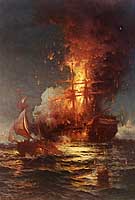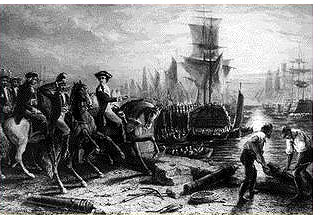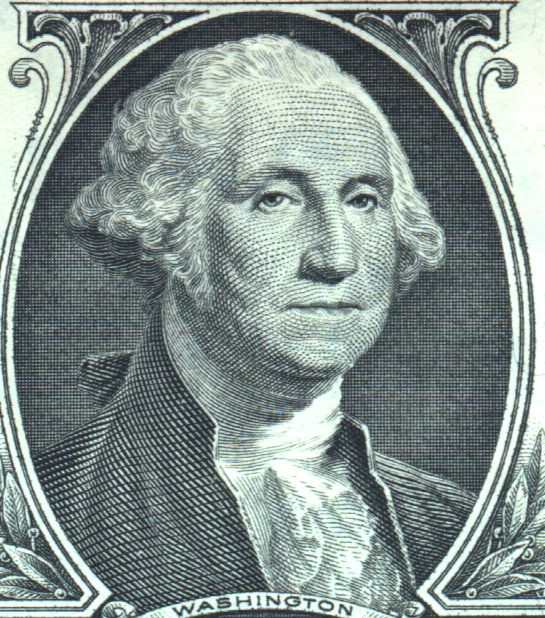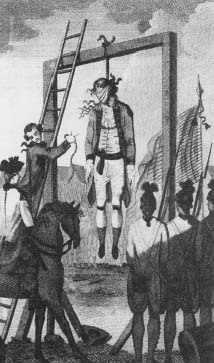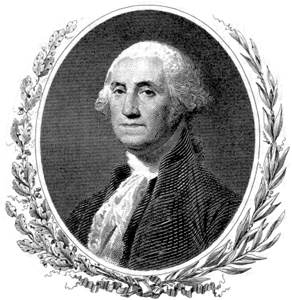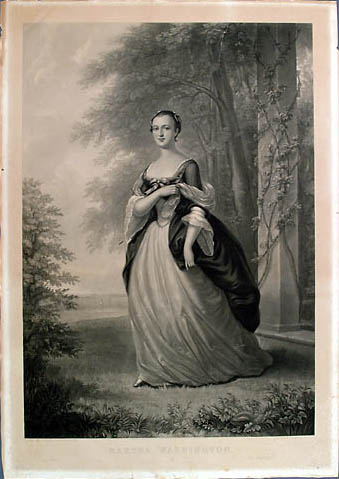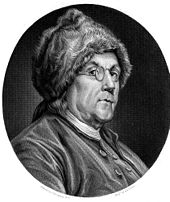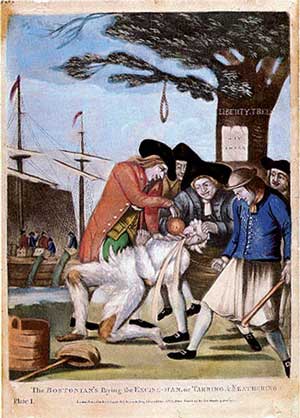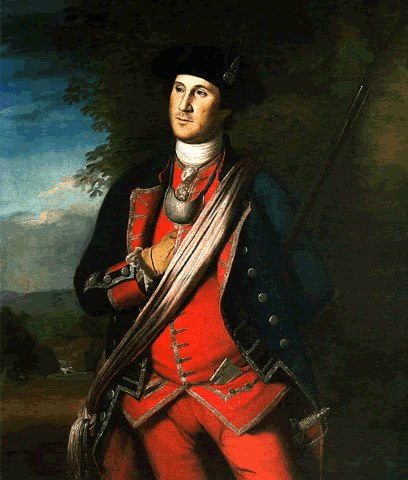“From the Halls of Montezuma, to the shores of Tripoli, we fight our country’s battles, in the air, on land, and sea.”
- Official Hymn of the U.S. Marine Corps
Without a formal declaration of war by Congress, the President sent U.S. warships to bomb Tripoli. The Americans lead an international force to confront the pariah nation that is terrorizing the region. Dodging enemy fire, the United States’ bomb laden ships seek to blast Mediterranean nation into submission. Sound familiar? The President was Thomas Jefferson and that attack was during the First Barbary War, 1801–1805.
President Obama launched an allied attack against Libya over the weekend, in response to Moammar Gadhafi’s brutal suppression of the North African nation’s pro-democracy movement. WIth a United Nations mandate, rather than a formal U.S. Congressional one, President Obama has launch hundreds of cruise missiles at Libya’s air defenses and other military targets in order to establish a “no fly zone” (and for you budget hawks out there, estimates on the cost of each Tomahawk Cruise Missile range from $600,000 to $1.5 million a pop). The U.S., U.K., and France were joined by Arab states in seeking to halt Gadhafi’s attacks on his people. The coalition leaders have called for the dictator to resign and wish to pave the way for democracy in the nation.
President Jefferson did not have such lofty goals for Tripoli. He wanted to stop pirates who had been harassing American commercial shipping. The U.S. lacked the funds to bribe the pirates to cease and Jefferson wanted to teach them a lesson. Although he lacked a formal declaration of war, Congress did authorize him to seize the ships of Tripoli and “to cause to be done all such other acts of precaution or hostility as the state of war will justify.” Flexing the muscles of the recently formed U.S. Navy and very first Marines, Jefferson pounded Tripoli into submission. It took the Americans a couple of years using wooden boats, crude guns, and hand to hand combat rather than cruise missiles and jets.
How long will this attack take?

